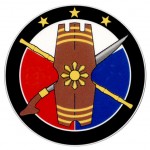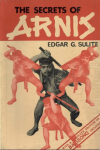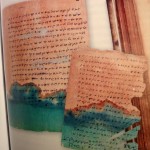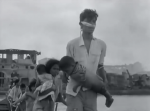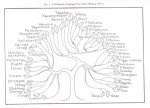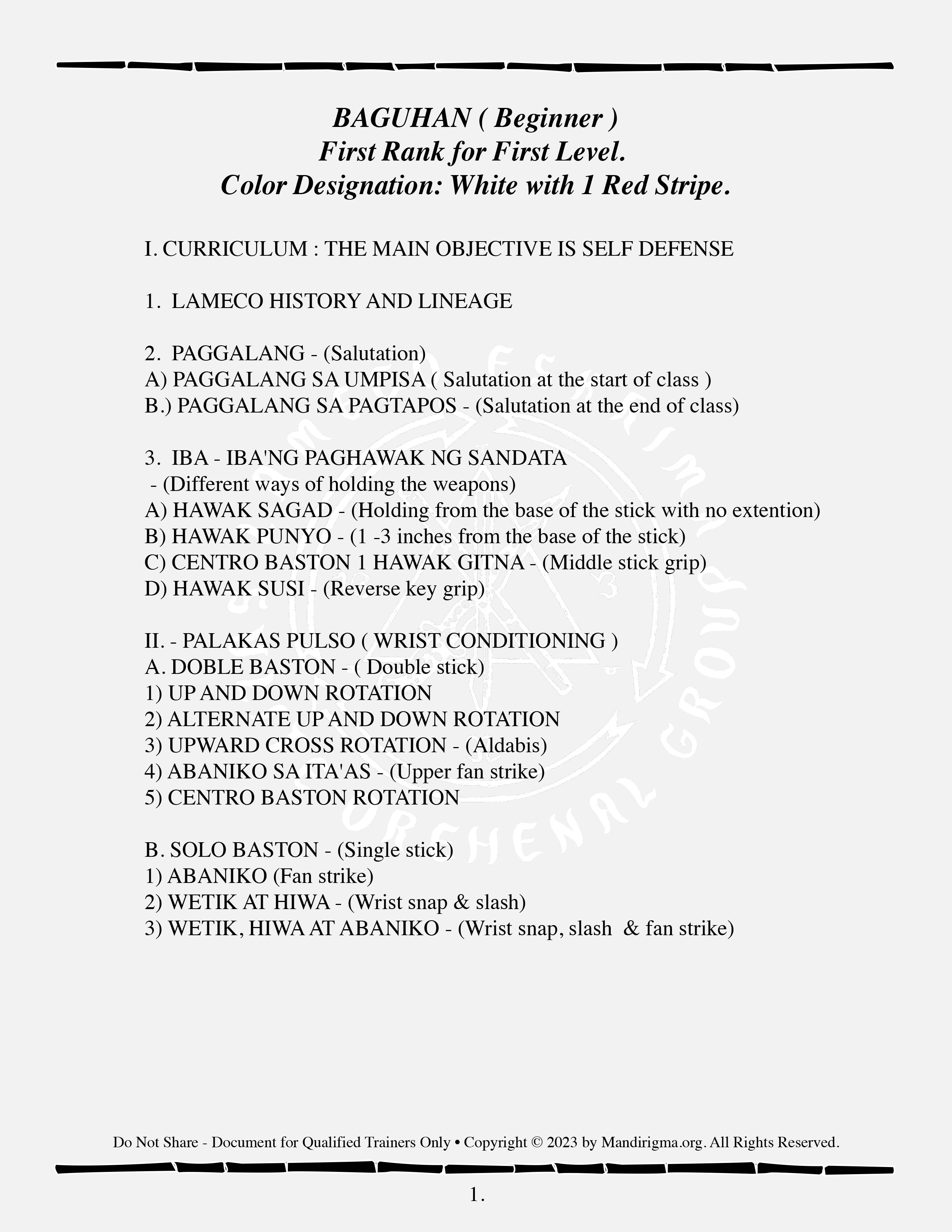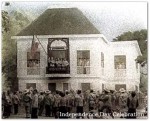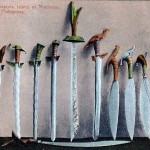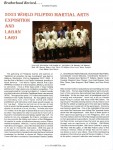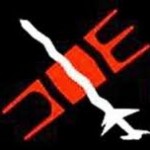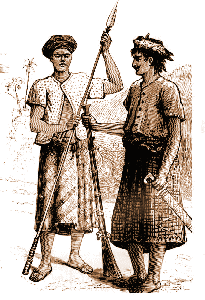
Original Source: https://kahimyang.com/kauswagan/articles/792/the-filipino-people-early-contacts-of-the-malays-and-hindus-and-the-rise-islam The Filipino People - Early contacts of the Malays and Hindus, and the rise Islam More than two thousand years ago, India produced a remarkable civilization. There were great cities of stone, magnificient palaces, a life of splendid luxury a highly organized social and political system. Writing known as Sanskrit have been developed. Two great religions, Brahminism and Buddhism, arose, the latter still the dominant religion of Tibet, China, and Japan. The people who produced this civilization are known as the Hindus. Fourteen or fifteen hundred years ago Hinduism spread over Burma, Siam, and Java. Great cities were erected with splendid temples and huge idols, the ruins of which still remain, though their magnificence has gone and they are covered today with the growth of the jungle. This powerful civilization of the Hindus, established thus in Malaysia, greatly affected the Malayan people on these islands, as well as those who came to the Philippines. Many words in the Tagalog have been shown to have a Sanskrit origin, and the systems of writing which the Spaniards found in use among several of the Filipino peoples had certainly been developed from the alphabet then in use among these Hindu peoples of Java. A few hundred years later another great change, due to religious faith, came over the Malayan race - a change which has had a great effect upon the history of the Philippines, and is still destined to modify events far into the future. This was the conversion to Islam. Of all the great religions of the world, Mohammedanism was the last to arise, and its career has in some ways been the most remarkable. Mohammed, its founder, was an Arab, born about 572 A.D. At that time Christianity was established entirely around the Mediterranean and throughout most of Europe, but Arabia was idolatrous. Mohammed was one of those great, prophetic souls which arise from time to time in the world's history. All he could learn from Hebraism and Christianity, together with the result of his own thought and prayers, led him to the belief in one God, the Almighty, the Compassionate, the Merciful, who as he believed would win all men to His knowledge through the teachings of Mohammed himself. Thus inspired, Mohammed became a teacher or prophet, and by the end of his life he had won his people to his faith and inaugurated one of the greatest eras of conquest the world has seen. The armies of Arabian horsemen, full of fanatical enthusiasm to convert the world to their faith, in a century's time wrested from Christendom all Judea, Syria, and Asia Minor, the sacred land where Jesus lived and taught, and the countries where Paul and the other apostles had first established Christianity. Thence they swept along the north coast of Africa, bringing to an end all that survived of Roman power and religion, and by 720 they had crossed into Europe and were in possession of Spain. For the nearly eight hundred years that followed, the Christian Spaniards fought to drive Islam from the peninsula, before they were successful. Not only did Islam move westward over Africa and Europe, it was carried eastward as well. Animated by their faith, the Arabs became the greatest sailors, explorers, merchants, and geographers of the age. They sailed from the Red Sea down the coast of Africa as far as Madagascar, and eastward to India, where they had settlements on both the Malabar and Coromandel coasts. Thence Arab missionaries brought their faith to Malaysia. At that time the true Malays, the tribe from which the common term "Malayan" has been derived, were a small people of Sumatra. At least as early as 1250 they were converted to Islam, brought to then by these Arabian missionaries, and under the impulse of this mighty faith they broke from their obscurity and commenced that great conquest and expansion that has diffused their power, language, and religion throughout the East Indies. A powerful Muslim Malay settlement was established on the western coasts of Borneo probably as early as 1400. The more primitive inhabitants, like the Dyaks, who were a tribe of the primitive Malayans, were defeated, and the possession of parts of the coast taken from them. From this coast of Borneo came many of the adventurers who were traversing the seas of the Philippines when the Spaniards arrived. The Muslim population of Mindanao and Jolo owes something certainly to this same Malay migration which founded the colony of Borneo. But the Magindanao and Illanon Moros seem to be largely descendants of primitive tribes, such as the Manobo and Tiruray, who were converted to Islam by Malay and Arab proselyters. The traditions of the Magindanao Moros ascribe their conversion to Kabunsuan, a native of Johore, the son of an Arab father and Malay mother. He came to Magindanao with a band of followers, and … [Read more...]

